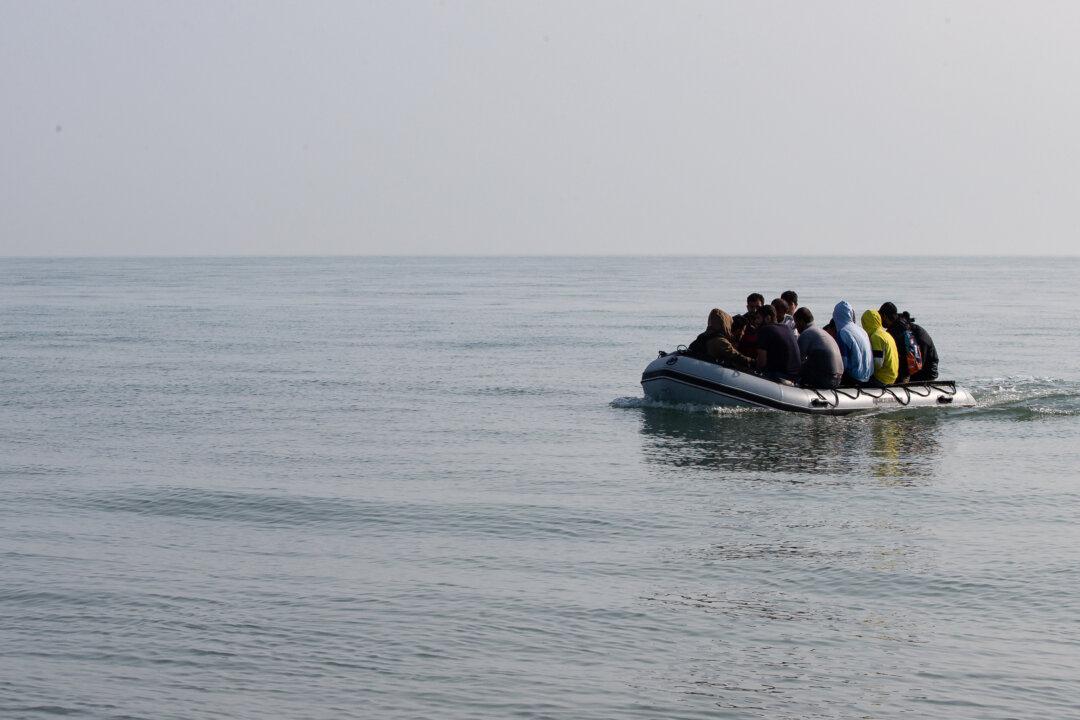Migrants on route to the UK will not be able to seek asylum at sea after Dec. 31, according to changes made to the current rules announced on Thursday.
The new rules on the UK’s asylum system is set to replace the EU’s Dublin Regulation, which establishes the member state responsible for the examination of the asylum application.





